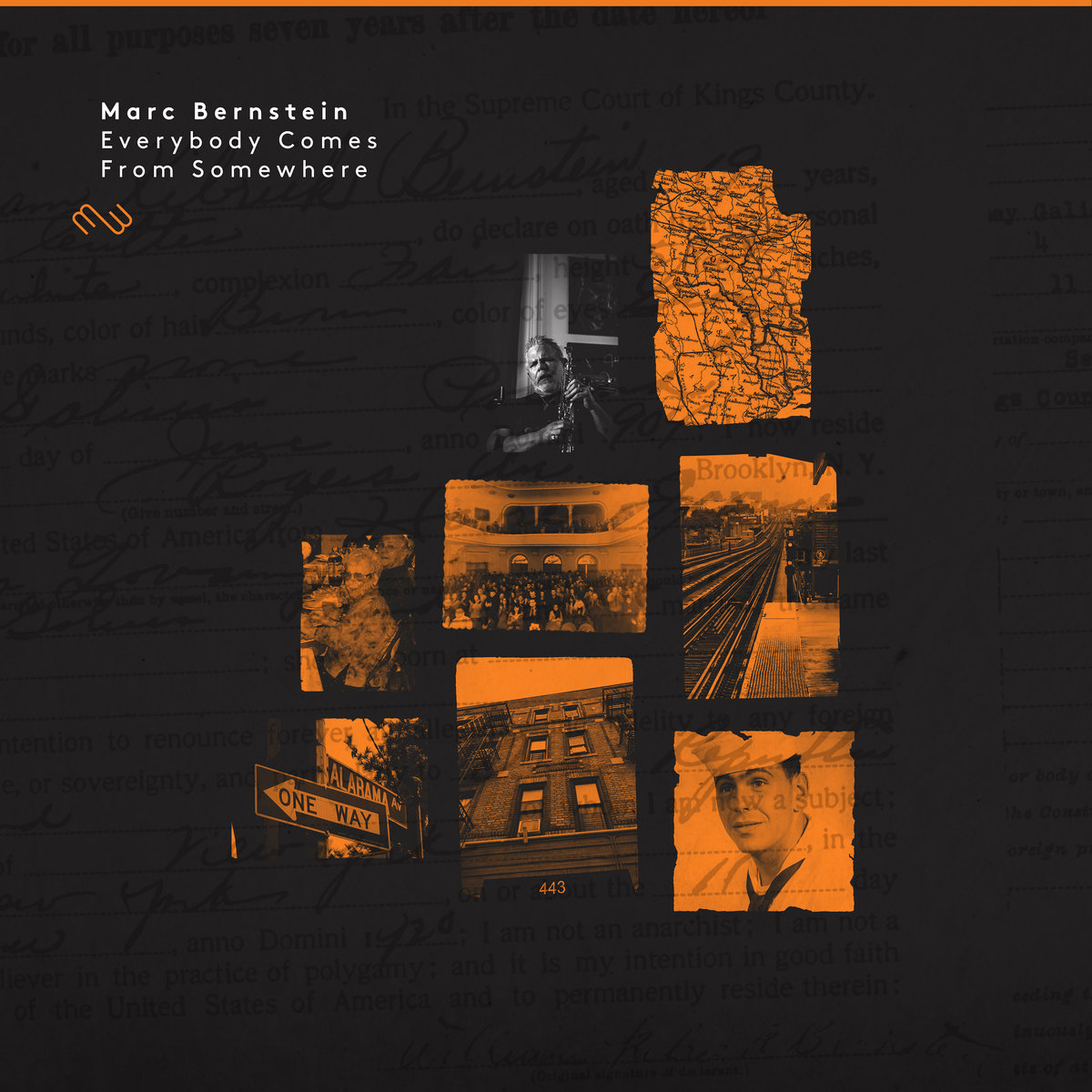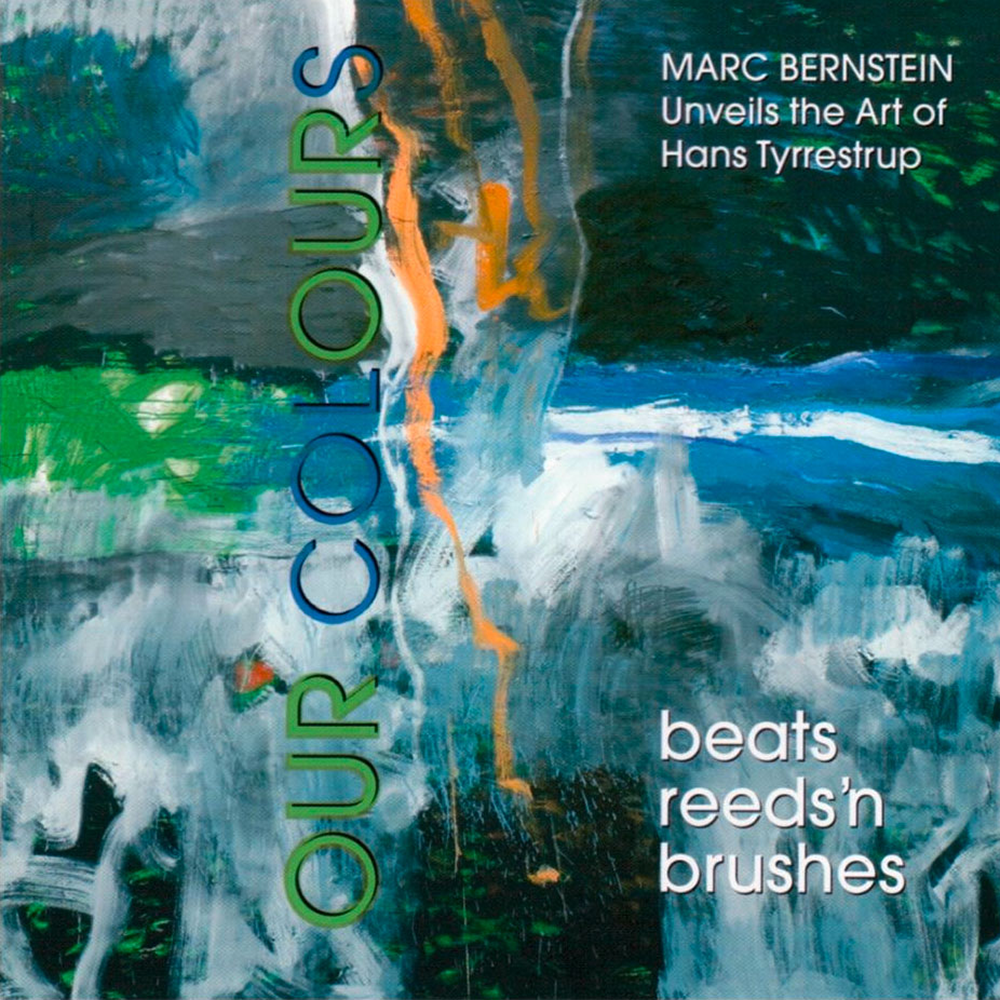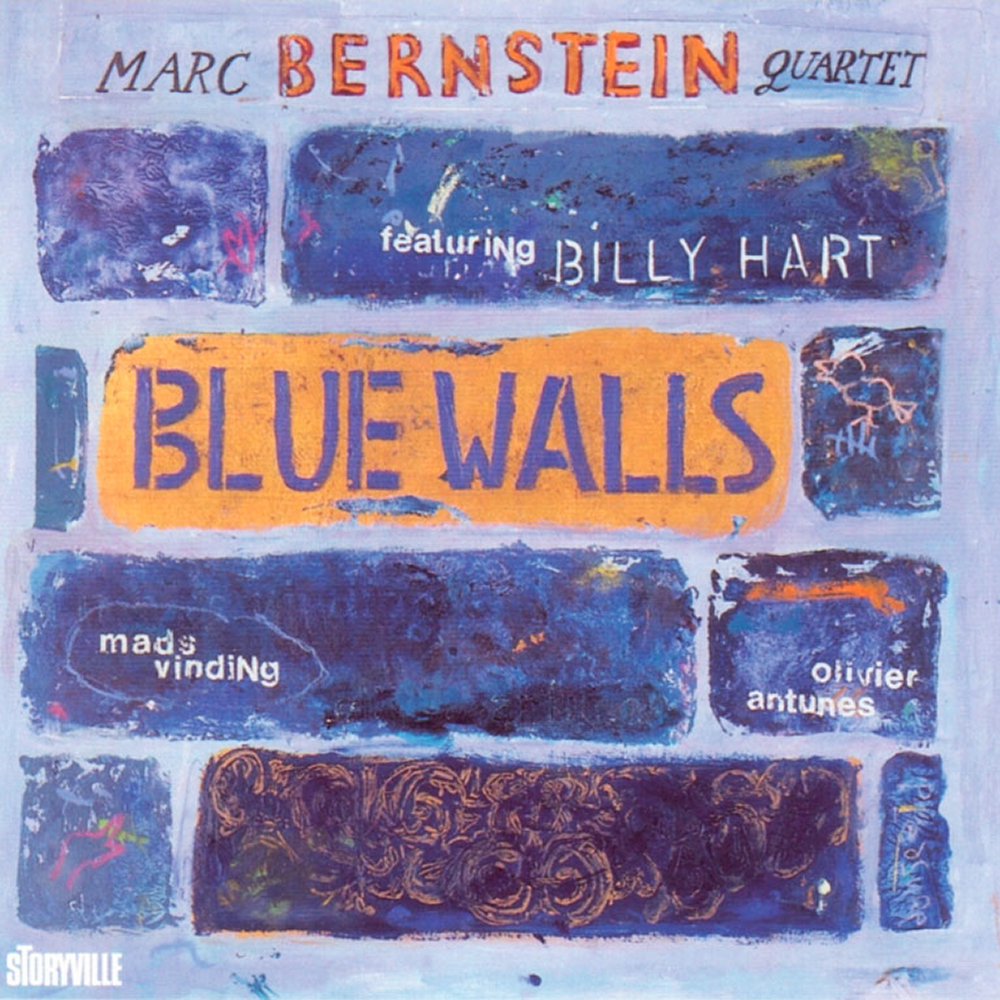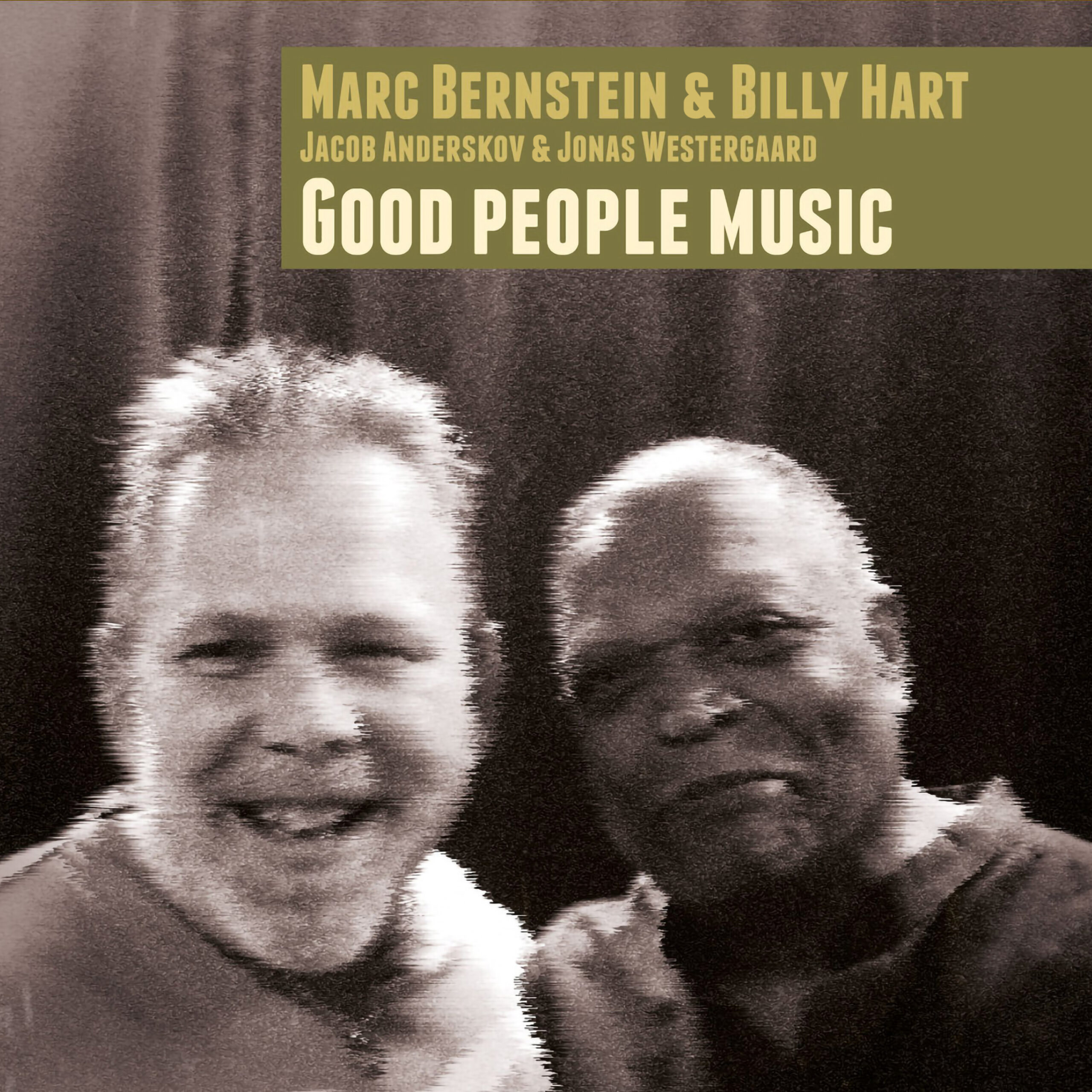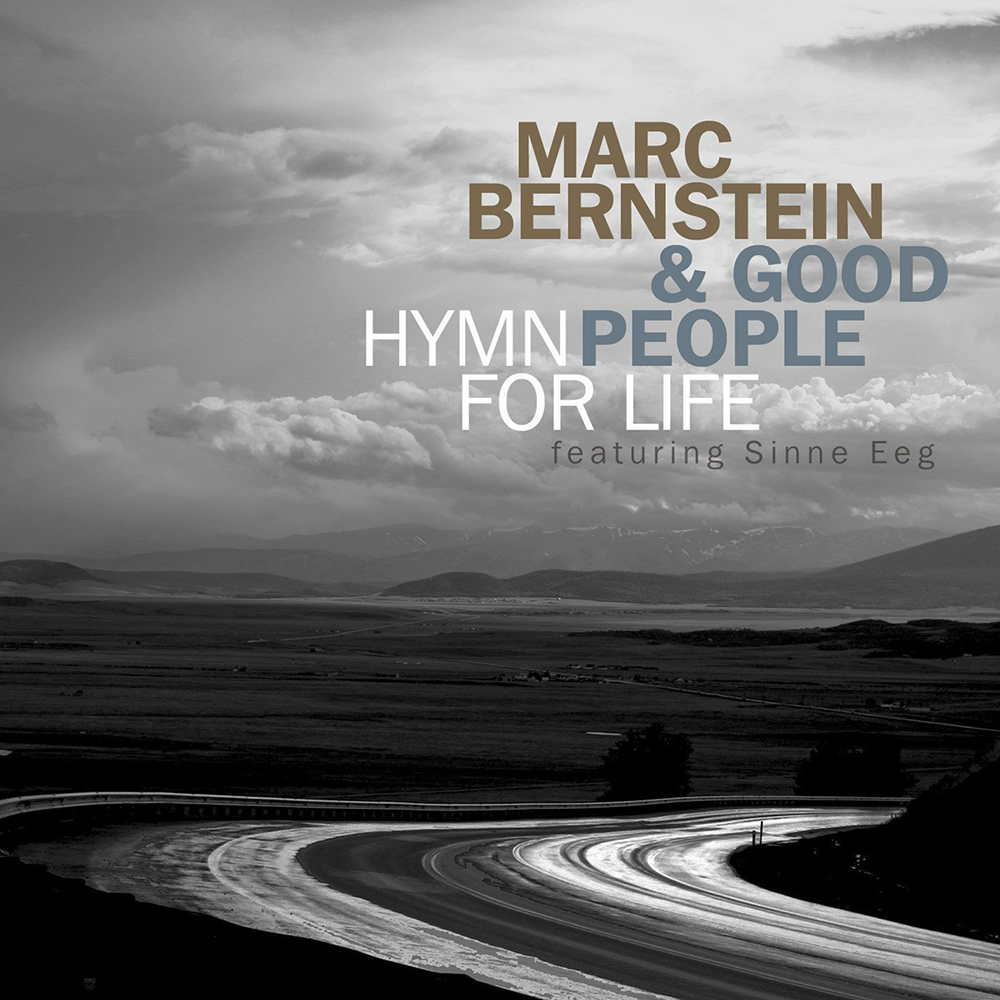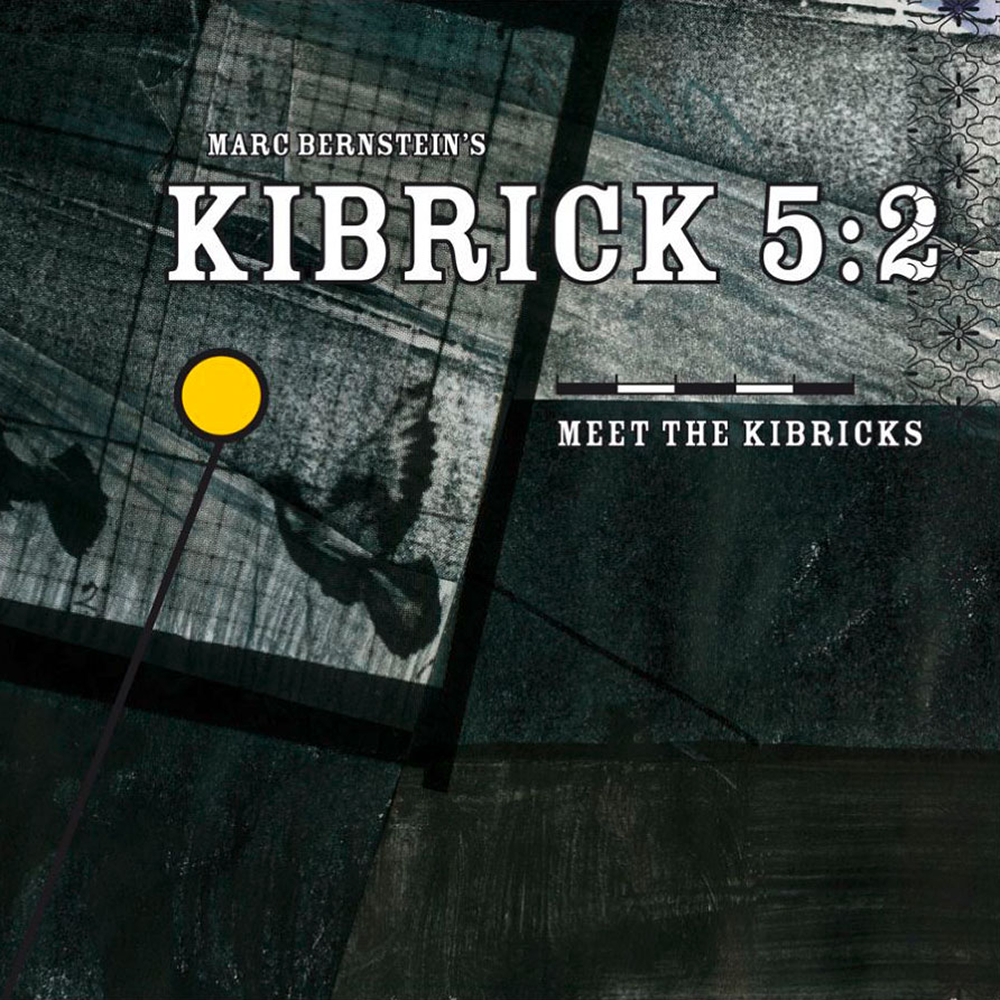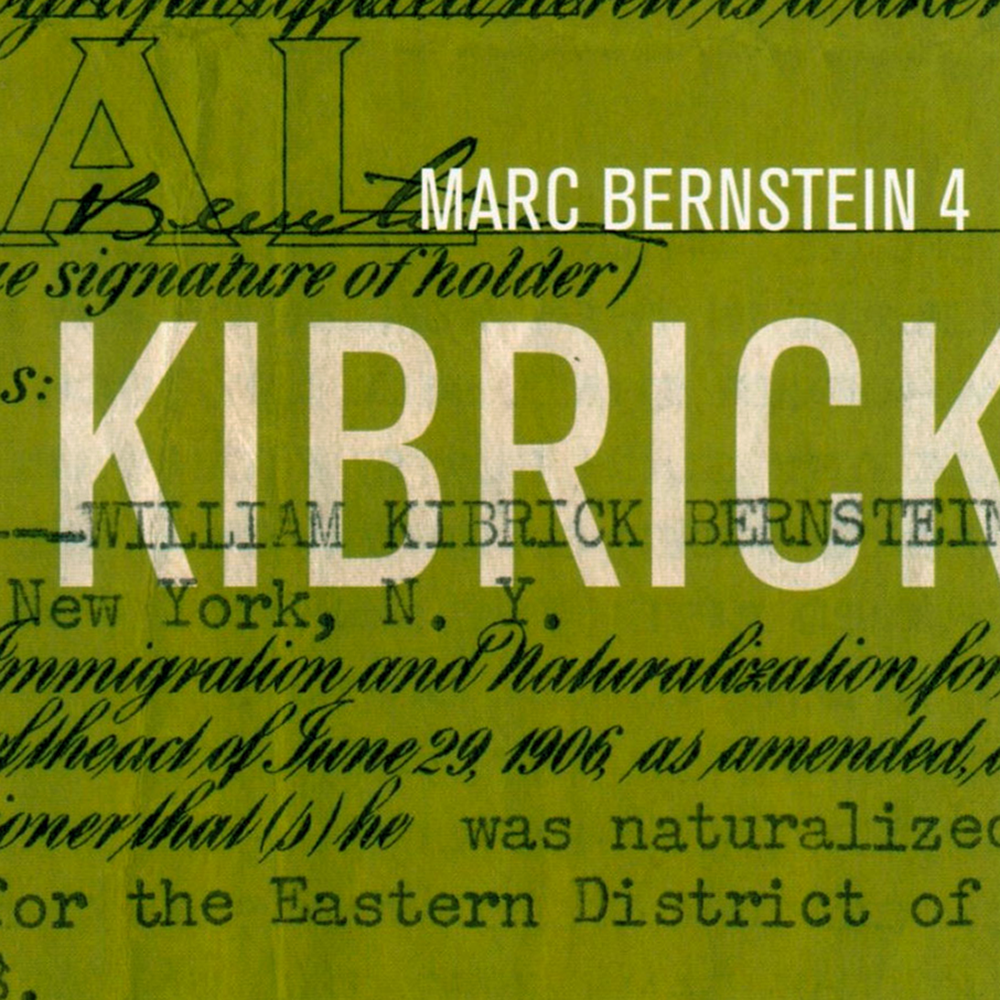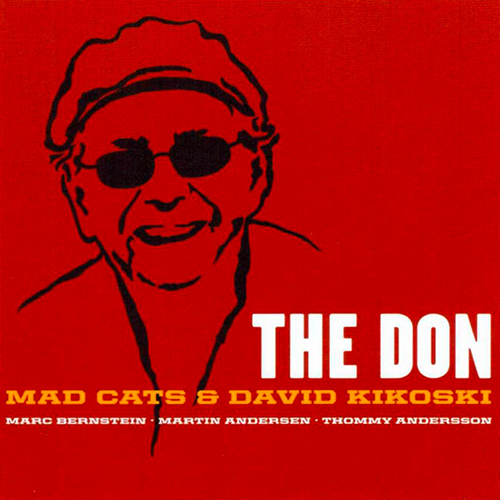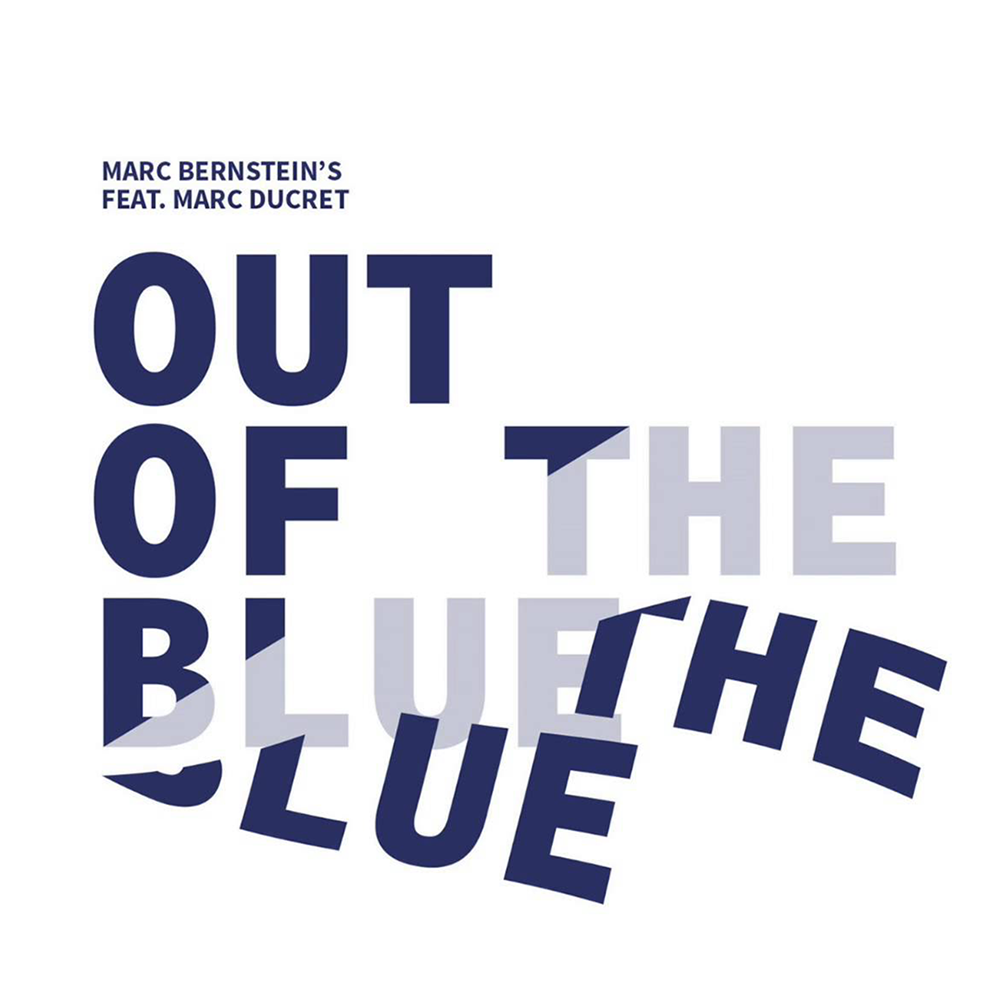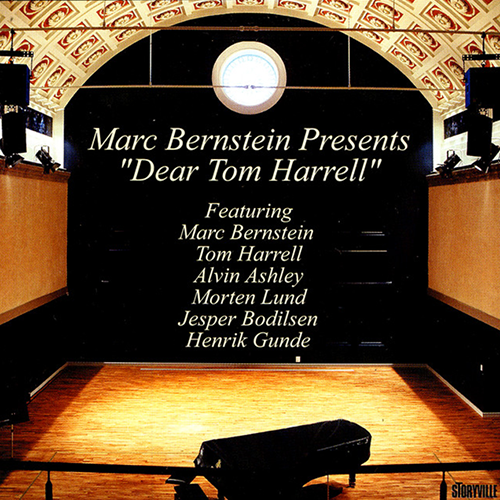About this release
I grew up with stories about my family’s homeland. “Kibrick” is my family’s real last name. Upon arrival at Ellis Island in 1917, my grandfather William Kibrick (born in 1901) and his family added the name Bernstein like the family members that had arrived before him had done. They did so to rid themselves of their slavic sounding last name, and at the same time emphasize their Jewish heritage with a well known “American style” Jewish name. In an effort to quickly “forget” the social, economic and religious oppression that they had suffered under for generations, they immediately repressed/displaced everything Ukrainian. The entire family stopped speaking (and reading and writing) Ukrainian immediately, and the next generation were told that they were not Ukrainians.
The only thing they kept were their Eastern European (Ashkenazi) Jewish cultural traditions. The music of this culture includes- Klezmer (instrumental folk music), Jewish liturgical music (religious vocal music) and folk songs and other music sung in Yiddish. William loved all of this music and he often sang and played records for me. While we were together (which was very often, we lived in the same apartment building) he would also tell me (because I begged him to) the story of his “escape” from Ukraine and what it was like to grow up during the pogroms, where the music was also used to dampen the children’s fears and push the horrors away. This part of my family history was never spoken about at gatherings during my childhood. Instead, it found its expression
in the music and culture surrounding us which could embrace and express the feelings and experiences that were too hard to put into words, and thus became a central element of my family understanding and an indispensable part of the story of my family history.
After repeated visits to the exact areas that my grandparents grew up in (Ukraine and Poland) I started an informal study of the music mentioned above. I then gradually started composing new music inspired by this music, culture and family memories from my childhood, and the feelings and emotions attached to it, and started touring with it around Europe. During concerts in Ukraine and Poland with my band Kibrick, I experienced the audience having a very strong emotional reactions to the music. Conversations with audience members after concerts revealed that many could feel and recognize their own stories in the music (many of which were similar to mine), and that thru the music were able to address emotions that previously were difficult to articulate linguistically. Many also expressed joy in having a feeling of “community” regarding these emotions.
In Everybody Comes From Somewhere, the interaction between family history, “personal DNA”, culture, storytelling and music/art, as well as the synergy arising from it, is explored.
I feel that I have developed a personal and relevant platform for the artist’s (in this case me, and later hopefully others) creative work, and also strive to experiment with concert forms that give both the artists and the audience the possibility to relate emotionally to their own stories and then share them with others. Music is absolutely not just about the artist, but also very much about the “stories” that are lived and experienced by the audience, and how these relate to the music.
Another important element of the project is the combination of the music, and the stories which are based directly on my experiences, and unconsciously includes the audience’s family history and culture as well. Music’s ability to address the related feelings across time, space and cultural affiliation as well as music’s capacity to awaken these feelings in people, fascinates and inspires me.
People often wonder what exactly does music express? A simple answer could be: emotions, feelings and beyond! Both in the research phase, where the artist uncovers his own story and identifies the feelings associated with it, in the composition phase, where the artist relates to which emotions are intended to be conveyed and how to do it, and in the concert situation- where the audience recognizes, relates to, and for many feel and respond to the emotions and feelings conveyed through the music.
The project’s focus on music’s ability to convey feelings across linguistic and cultural barriers are particularly relevant in a time when the world is challenged by great migration. These challenges are often accompanied by suspicion, aversion and resistance to strangers. Through the music the artist can seek out and activate the emotional common denominators that lie outside the reach of the language and which are recognizable across people’s personal stories making it also possible to mirror in, and in some cases actually feel each other’s stories. The hope is that artists and audiences gain a deeper understanding of who they are, and as a result,
also get a much deeper understanding of who their fellow human beings are.
Reviews
Release Date
6 September 2019
Line-Up
Marc Bernstein (sax)
Jacob Anderskov (pno)
Thommy Andersson (b, vc)
Anders Mogensen (dr)
Produced By
Marc Bernstein
Recorded By
Thomas Vang, The Village
Mastered By
David Elberling, The Village
Label
Marc Music
